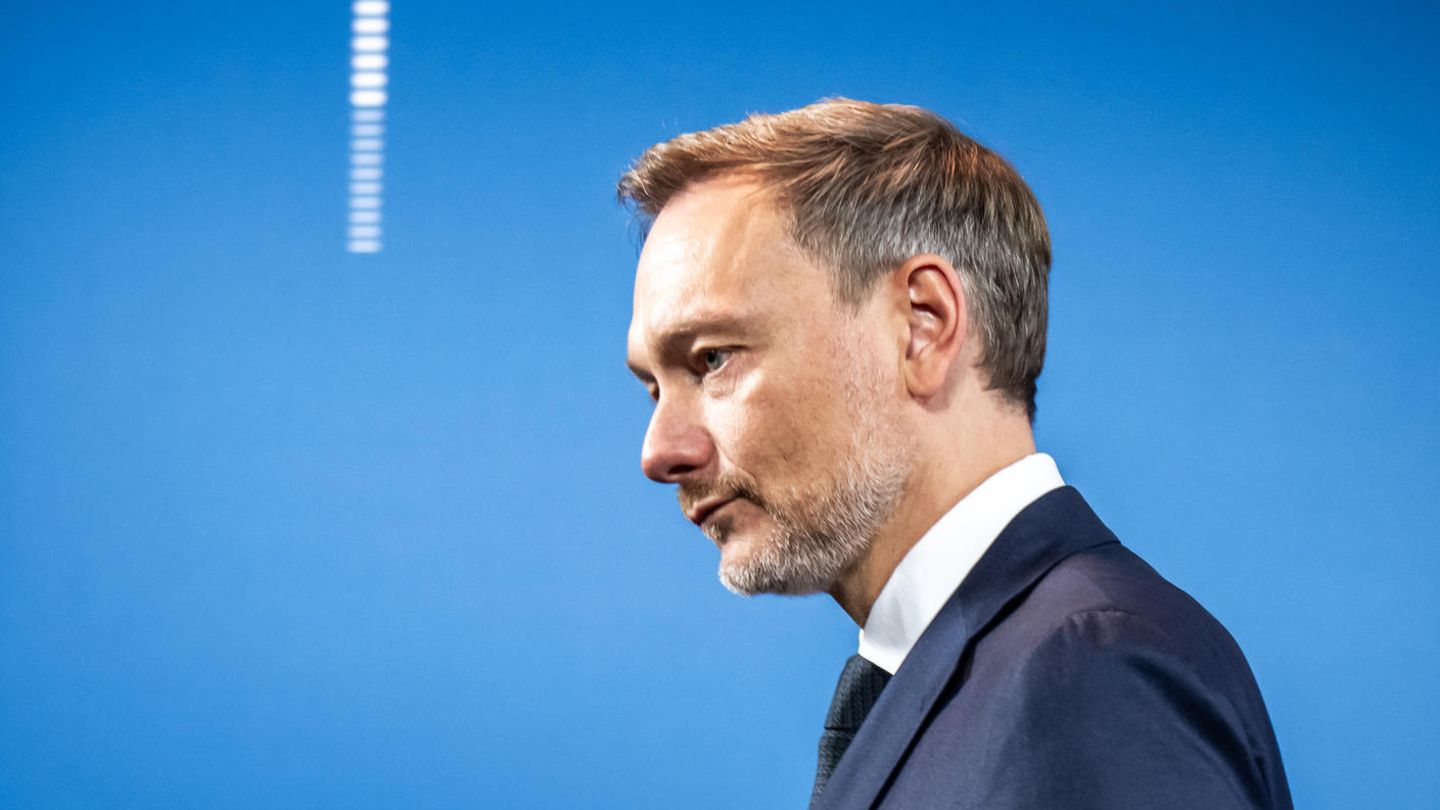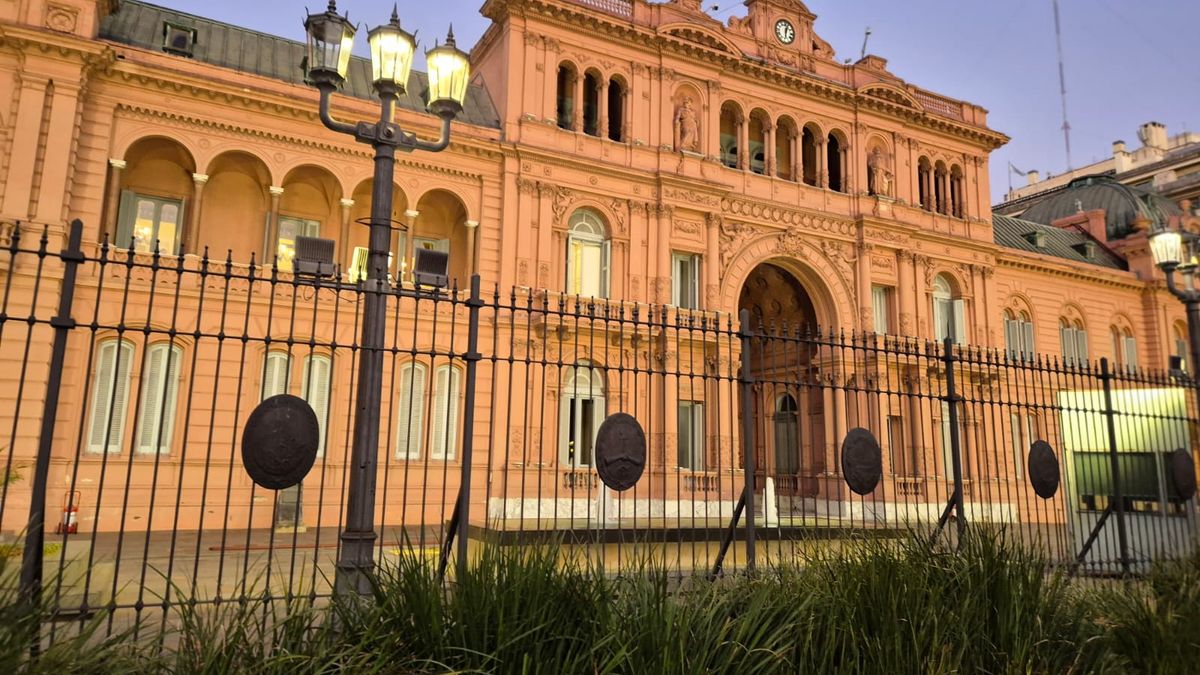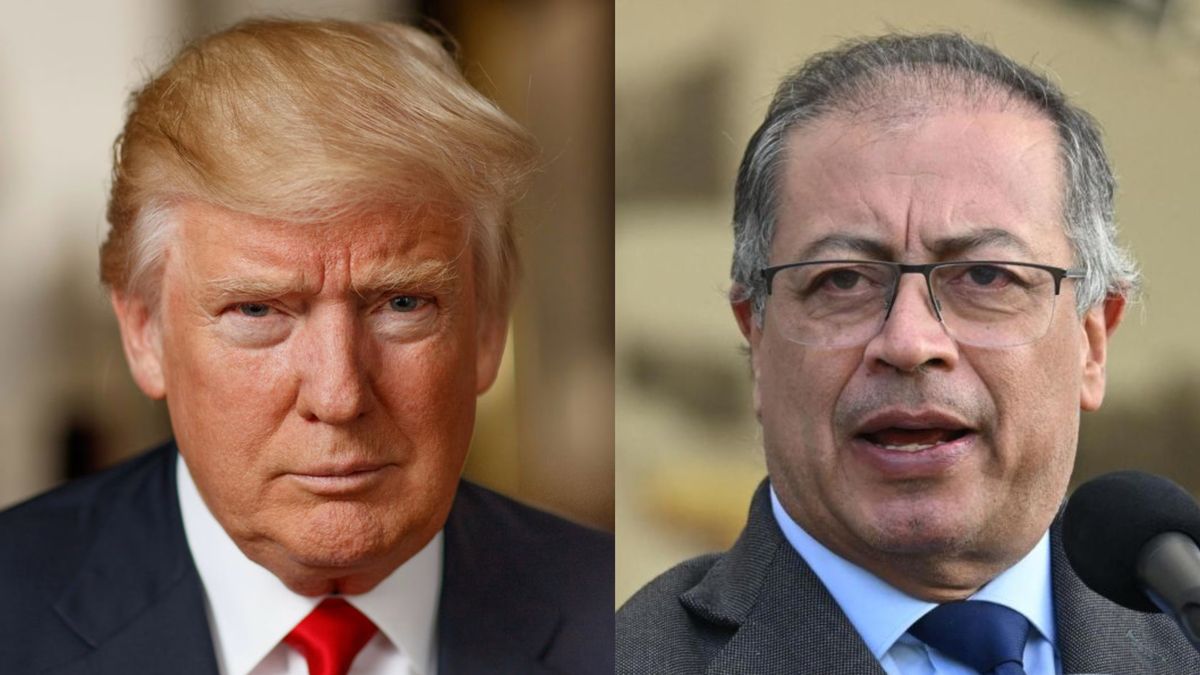The state electricity and gas price brakes are set to end three months earlier than planned. Finance Minister Christian Lindner announced this in an interview.
As a result of the Constitutional Court’s budget ruling, the federal government will not extend the billions in state aid through the electricity and gas price caps until the end of March 2024 as planned. They would be “ended at the end of the year,” said Federal Finance Minister Christian Lindner (FDP) to Deutschlandfunk, according to information on Friday. Lindner left it open whether the reduction in network fees would also be eliminated next year. This must be clarified in the budget process for 2024.
The federal government introduced electricity and gas price brakes last year. This was intended to cushion the sharp rise in energy prices as a result of Russia’s war of aggression on Ukraine. Financing was provided via the Economic Stabilization Fund (WSF), which is worth up to 200 billion euros.
Christian Lindner closes economic and stabilization fund
The Karlsruhe judges have declared such special funds inadmissible alongside the regular budget. The WSF is no longer available, said Lindner in the Deutschlandfunk interview of the week. “The Economic and Stabilization Fund will be closed on December 31st of this year. There will be no more payments from it.”
The reduction in network fees should actually be financed through the WSF. The federal government had budgeted 5.5 billion euros for this.
This step is a consequence of the ruling of the Federal Constitutional Court on November 15th. The court had declared the transfer of Corona billions to the climate and transformation fund inadmissible. The Economic and Stabilization Fund (WSF) was financially funded in a similar way and was therefore under scrutiny. The energy price brakes for consumers and companies were paid for from the WSF.
It was only one day after the verdict that the Bundestag decided to extend the brake regulation until March 31st. The brakes on electricity and gas were introduced in March of this year and were retroactively granted for January and February. This was intended to protect consumers from being overwhelmed by skyrocketing energy prices as a result of the Russian attack on Ukraine.
The prices were capped for a large part of the consumption of private households – for electricity at 40 cents and for gas at 12 cents per kilowatt hour. However, prices on the market are now generally lower.
Budget for 2024 unclear
Lindner left it open whether the 2024 budget can be decided this year. The finance minister spoke of a very “ambitious roadmap” with a lot coming up. For example, interest expenses that have so far been paid by the WSF would have to be paid from the federal budget in the future.
In this context, Linder spoke of a double-digit billion euro amount. At the same time, the Economics Minister made it clear that aid for Ukraine would double from four to eight billion euros. “Support for Ukraine is not in question,” he said.
At the same time, the minister announced structural decisions. Financial aid to industrial companies would have to be compensated for by a reduction in expenditure elsewhere. Lindner specifically mentioned social spending at this point.
Note: This message has been updated.
Source: Stern
I have been working in the news industry for over 6 years, first as a reporter and now as an editor. I have covered politics extensively, and my work has appeared in major newspapers and online news outlets around the world. In addition to my writing, I also contribute regularly to 24 Hours World.




